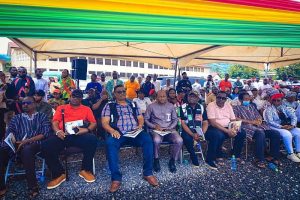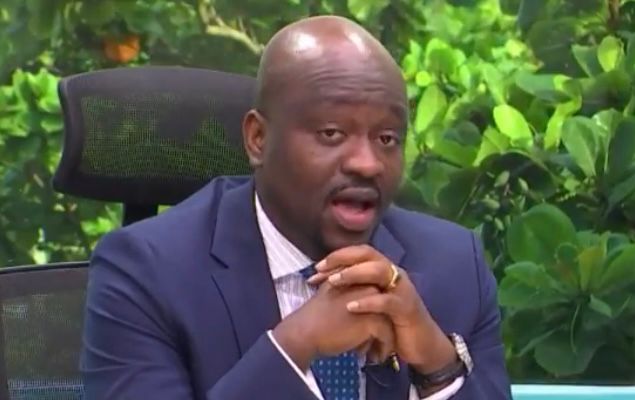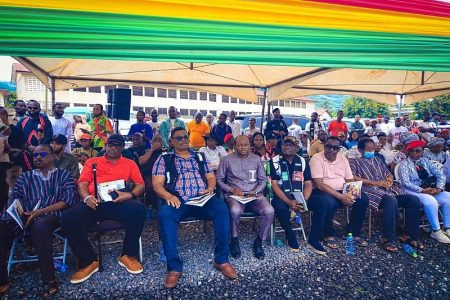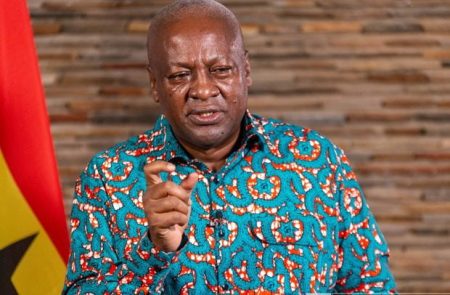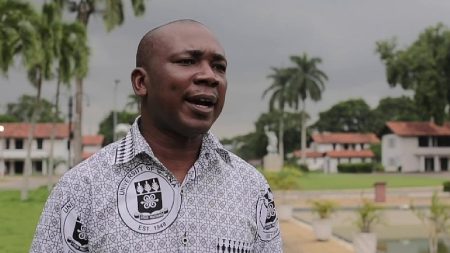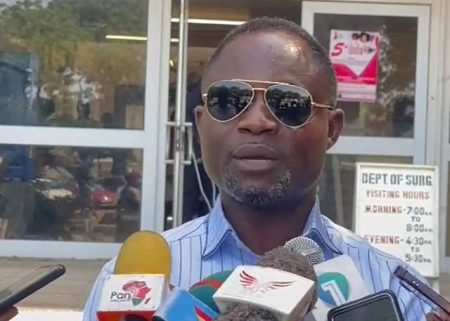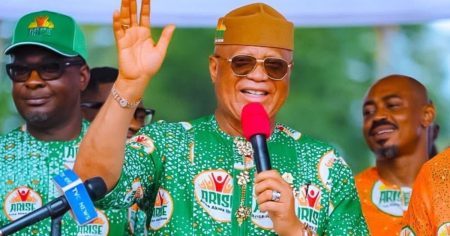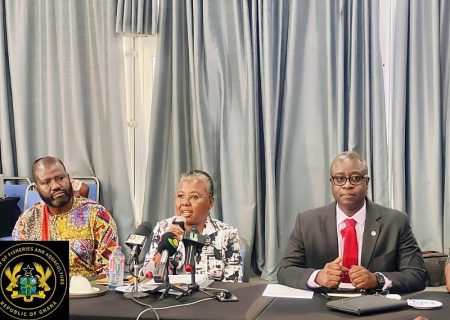The recent passage of the Energy Sector Levies (Amendment) Bill, 2025, imposing a GH¢1 levy on each litre of fuel, has ignited a heated debate in Ghana’s political landscape. While the opposition New Patriotic Party (NPP) criticizes the levy as a betrayal of the government’s promises and an additional burden on citizens, the ruling National Democratic Congress (NDC) defends it as a necessary measure to address inherited challenges in the energy sector. Hamza Suhuyini, a member of the NDC’s communication team, argues that the levy’s impact will be minimal given the recent reduction in fuel prices and the overall improvement in the country’s economic standing.
Suhuyini emphasizes that the current fuel price of GH¢12 per litre, even with the added GH¢1 levy, remains significantly lower than the GH¢16 per litre price inherited from the previous NPP administration. He attributes this reduction to the NDC’s prudent economic management, which has created fiscal space to tackle the energy sector’s accumulated debt. This debt, particularly the $3.1 billion owed to Independent Power Producers (IPPs) in the liquefied fuels sector, requires immediate attention to ensure the sector’s long-term stability and prevent future energy crises. The GH¢1 levy, therefore, represents a strategic investment in securing Ghana’s energy future, according to Suhuyini.
The NDC argues that the levy is a necessary evil, a small price to pay for long-term energy security and economic stability. They contend that the alternative – allowing the energy sector’s debt to spiral out of control – would have far more dire consequences for the Ghanaian economy and the well-being of its citizens. The levy, they believe, is a proactive measure to prevent a recurrence of the debilitating power outages, known as “dumsor,” that plagued the country under the previous administration.
The NPP, however, views the levy as a broken promise and a further strain on Ghanaians already struggling with rising living costs. They accuse the NDC of misleading the public by initially removing certain taxes, only to replace them with what they perceive as even more burdensome levies. The NPP argues that the government should explore alternative solutions to address the energy sector’s financial challenges, rather than resorting to what they consider a regressive tax that disproportionately affects low-income earners. They criticize the NDC’s economic management, claiming it has not yielded the positive results touted by the ruling party.
The debate over the fuel levy highlights the complex and often contentious nature of economic policy-making. Both the NDC and the NPP present seemingly compelling arguments, reflecting their differing perspectives on the best approach to address Ghana’s economic challenges. The NDC emphasizes the long-term benefits of investing in the energy sector, while the NPP prioritizes the immediate impact on citizens’ pockets.
Ultimately, the success or failure of the fuel levy will depend on a multitude of factors, including the government’s ability to effectively utilize the generated funds, the overall performance of the Ghanaian economy, and the public’s perception of the levy’s fairness and necessity. The ongoing debate underscores the importance of transparent and accountable governance, as well as the need for continuous dialogue between the government, the opposition, and the citizens of Ghana to ensure that economic policies serve the best interests of all. The levy’s impact on fuel prices and the overall economy will be closely monitored in the coming months and years, providing valuable data to assess the validity of the arguments presented by both sides of the political divide.


